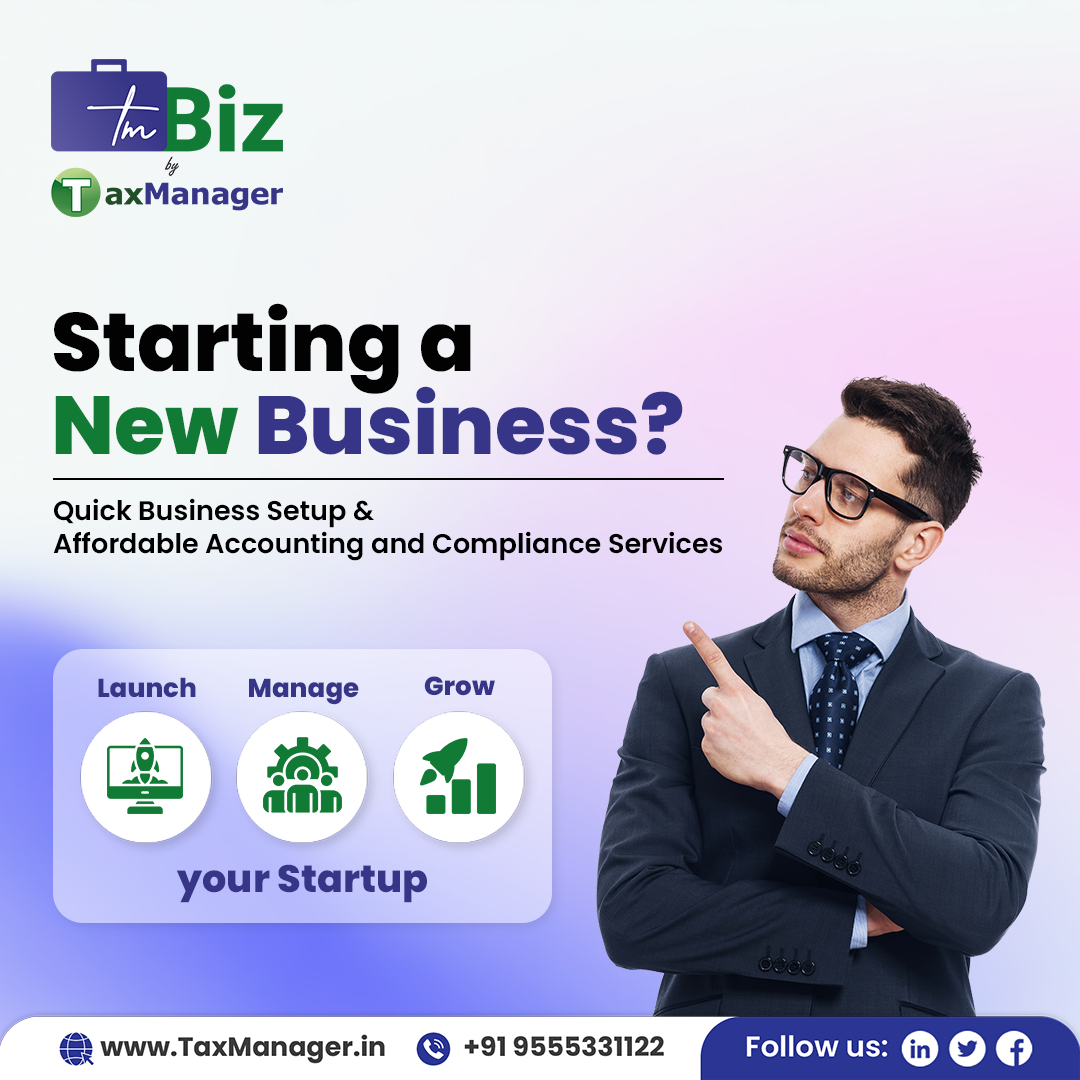Guidelines For SME Loan
Business loans are integral to the thriving Indian entrepreneurial landscape, providing essential financial support for smooth business operations. Accessing the appropriate type of financing at the right moment is pivotal for sustained business success. The financial requirements of businesses vary, encompassing necessities such as working capital, trade finance, revolving credit facilities, bank guarantees, letters of credit, and more. Additionally, businesses often seek term loans to procure assets or procure raw materials as part of their operational needs.
In India, both banks and Non-Banking Financial Companies (NBFCs) play crucial roles in catering to the diverse demands of the business loan segment. Government initiatives aimed at supporting Micro, Small, and Medium Enterprises (MSMEs) are effectively channelled through these financial institutions, ensuring last-mile connectivity for businesses.
Even multinational corporations rely on banks and NBFCs to address their business finance requirements. While the application and processing procedures for such entities may differ from those of MSMEs, the underlying purpose of securing these loans remains consistent: to fuel business growth and operational expansion.
Eligibility Criteria for Business Loan Applicants:
- Retailer
- Manufacturers
- Traders
- Sole Proprietorship Firms
- SMEs, MSMEs, and Large Enterprises
- Partnership Firms exclusively engaged in Manufacturing, Trading, or Service sectors
- Self-employed individuals/professionals like Chartered Accountants, Doctors, etc.
- Private Limited Companies and closely held Limited Companies
Distinct Categories:
- Self-Employed Professionals (SEP) such as practising Chartered Accountants, allopathic doctors, company secretaries, architects, and designers.
- Self-Employed Non-Professionals (SENP) including traders and manufacturers.
Additional Entities
- Limited Liability Partnerships (LLPs)
- Partnership Firms
- Private Limited and closely held Limited Companies
- Banks and Non-Banking Financial Companies (NBFCs) seek funds from reputable banks.
For each business loan, eligibility, documentation requirements, interest rates, and loan tenure vary. Applicants should consult with the bank directly regarding specific policies and procedures tailored to their business profile.
Age Eligibility for Business Loans:
- Minimum Age Requirement: 21 years
- Maximum Age Limit: 65 years However, the approval of business loans often hinges on the age of the business itself. Typically, businesses must have operated for a minimum of 2-3 years with a strong financial track record.
Business Loan Interest Rates:
- Interest rates for business loans vary across banks and Non-Banking Financial Companies (NBFCs), typically ranging from 9% to 30% annually.
- Determining factors for interest rates include credit score, business type, income, collateral, loan amount, and repayment tenure.
Factors Influencing Eligibility:
- Credit history
- Business performance
- Cash flow
- Repayment capacity
- Income-to-debt ratio
- Working capital availability
- Industry type
- Business plan viability
Distinctive Features of Business Loans:
- Collateral-free options available
- Competitive interest rates offered
- Swift approval process
- Convenient online transactions
- Flexible loan tenure extensions
- Streamlined documentation procedures
- Higher disbursal amounts are available
- Tailored loan customisation options
Business Loan Eligibility Factors:
Credit Score: A high credit score assures the bank of the borrower's repayment capability. Banks assess the company's credit score and repayment history to determine credibility, offering better terms and rates for those with good credit.
Business Stability:Financial stability is crucial for loan approval. Banks evaluate sales and profit trends, preferring businesses with at least 3 years of tenure. Longer-standing businesses have higher chances of securing favourable loan terms.
Business Profitability & Continuity: Banks require businesses to demonstrate significant profitability and consistent revenue. Profit & loss statements from the past 2 years are often requested to gauge financial health and sustainability.
Relationship with the Bank: A positive standing with the bank is advantageous. Banks consider cash flow, account activity, and repayment history on existing loans. A strong relationship enhances eligibility for favourable loan terms.
Collateral: While collateral-free options exist, pledging collateral can improve loan terms and rates. Although not mandatory under government schemes, offering collateral provides additional security, enabling access to higher loan amounts and lower interest rates.
























